I compiled some cross compilers against musl(x86_64, i686, arm). I need to compile code, that allocate like 2048 Mb +- 200Mb. However I noticed some errors with i686 musl compiler:
#include <stdio.h>
#include <sys/mman.h>
#include <sys/resource.h>
#include <errno.h>
int main(){
void*ptr = mmap(0, 2147483647,PROT_READ|PROT_WRITE,
MAP_PRIVATE|MAP_ANONYMOUS, -1, 0); // malloc(2147483647)
if(ptr == MAP_FAILED){
printf("ERROR MMAP - ");
if(errno == ENOMEM){
struct rlimit ra, rd;
if( getrlimit(RLIMIT_AS, &ra) < 0)
printf("RLIMIT AS ERR\n");
if( getrlimit(RLIMIT_DATA, &rd) < 0)
printf("RLIMIT AS ERR\n");
printf("ENOMEM, RLIMIT_AS: (%lu:%lu); RLIMIT_DATA: (%lu:%lu)\n", ra.rlim_cur, ra.rlim_max, rd.rlim_cur, rd.rlim_max);
}
}
else
printf("SUCCESS\n");
}
I know that there is no mistake with building i686-linux-musl. To prove it I, for example, downloaded i686-linux-musl from https://musl.cc/

I dont know why ldd tell me, that c is static, but file tell me it's dynamically linked.
However if I compile it with i686-linux-gnu (i586)

What's the problem with musl ? EDITED. I used strace and got. i686-linux-musl:
execve("./c", ["./c"], 0x7ffe6a24f548 /* 61 vars */) = 0
strace: [ Process PID=1723318 runs in 32 bit mode. ]
set_thread_area({entry_number=-1, base_addr=0xf7ff75ac, limit=0x0fffff, seg_32bit=1, contents=0, read_exec_only=0, limit_in_pages=1, seg_not_present=0, useable=1}) = 0 (entry_number=12)
set_tid_address(0xf7ff7654) = 1723318
prlimit64(0, RLIMIT_AS, NULL, {rlim_cur=RLIM64_INFINITY, rlim_max=RLIM64_INFINITY}) = 0
prlimit64(0, RLIMIT_DATA, NULL, {rlim_cur=RLIM64_INFINITY, rlim_max=RLIM64_INFINITY}) = 0
ioctl(1, TIOCGWINSZ, {ws_row=40, ws_col=235, ws_xpixel=0, ws_ypixel=0}) = 0
writev(1, [{iov_base="ERROR MMAP - ENOMEM, RLIMIT_AS: "..., iov_len=92}, {iov_base=")\n", iov_len=2}], 2ERROR MMAP - ENOMEM, RLIMIT_AS: (4294967295:4294967295); RLIMIT_DATA: (4294967295:4294967295)
) = 94
exit_group(0)
Whereis mmap?? And with i586-linux-gnu:
execve("./c2", ["./c2"], 0x7fff3e161878 /* 61 vars */) = 0
strace: [ Process PID=1723806 runs in 32 bit mode. ]
ioctl(0, TCGETS, {B38400 opost isig icanon echo ...}) = 0
ioctl(1, TCGETS, {B38400 opost isig icanon echo ...}) = 0
mmap(NULL, 2147483647, PROT_READ|PROT_WRITE, MAP_PRIVATE|MAP_ANONYMOUS, -1, 0) = 0x77f34000
write(1, "SUCCESS\n", 8SUCCESS
) = 8
exit(8) = ?
+++ exited with 8 +++